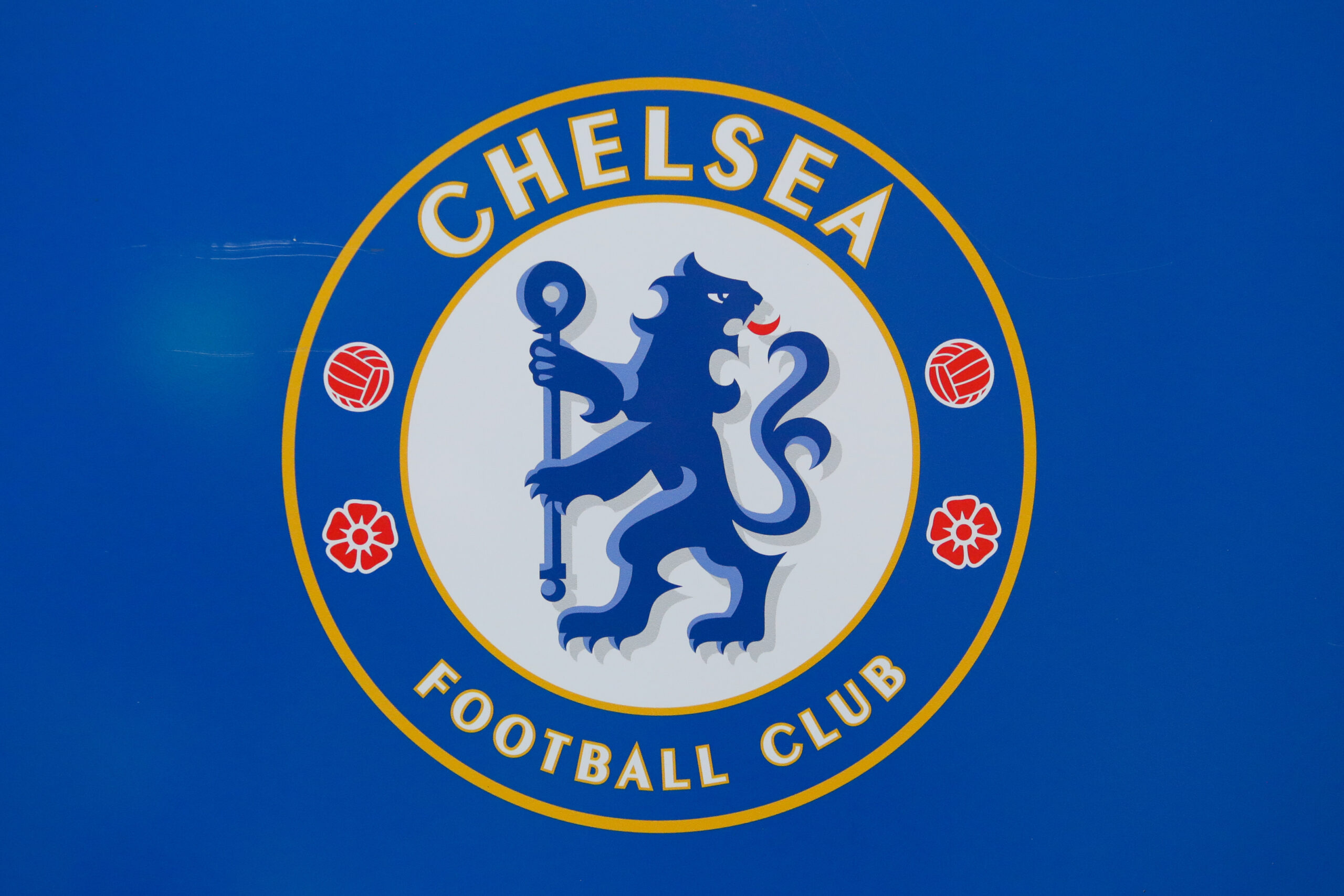By Samuel A. April 7, 2023
Graham Potter’s appointment as Chelsea’s new head coach last September was meant to proclaim a new era at the club after a short period of unprecedented problems with Thomas Tuchel, (whose sacking came as a shock to many). Instead, this era was cut short after just seven months, and 31 games, due to several poor results.
It all started in May 2022, when Todd Boehly and Eghbali completed their £2.5 billion takeover after Abramovich was forced to sell the club, (due to sources stating his involvement with the Russians and their war effort, as they waged war against Ukraine). Thomas Tuchel, during a frantic 2022 summer, spent a whopping £270 million to sign players, the second biggest outlay ever by any side in a single transfer window. And then, he was sacked less than a week after the window closed, following an internal 100 day review conducted by Boehly and Eghbali analysing all aspects of the club. Potter was identified as a progressive and innovative appointment, designed to lead a long term strategy, after his stellar start to the season with Brighton. His arrival was quick, with all the paperworks completed barely 24 hours after Tuchel’s exit.
Boehly and Eghbali saw more welcome contrasts in Potter than Tuchel. Among the reasons for Tuchel’s exit was a breakdown in communications. Sources reported that Tuchel had no interest in micromanagement from above, resisting the desire for daily conversations about the team. He was equally frustrated that his influence over the club’s transfer policy would be diluted, as a new structure was put in place above him. There were disagreements over targets, perhaps most famously in Tuchel’s reluctance to push for Cristiano Ronaldo, then at Manchester United, despite Boehly repeatedly suggesting the transfer.
Boehly and Eghbali went for Potter partly because they believed him to be an excellent communicator, better suited to working within the framework they were putting in place. Whereas, Tuchel had little interest in anything other than being a coach and recommending players. Potter was prepared to invest more time in helping to strengthen this coalition. There was perhaps also a difference in that while Tuchel had operated at the highest level for a number of years, Chelsea were probably Potter’s biggest job to date, and therefore Potter was a little more malleable in accepting the conditions surrounding the role. Chelsea paid Brighton up to £21m to buy Potter out of his contract at Brighton, a further sign of the conviction Boehly and Eghbali held that they were getting the right man. He kicked off with a 1 all draw against FC Salzburg in his first match, after which a vast majority of players departed for an international break. They returned for a run of 13 matches in about 45 days before leaving again for the World Cup tournament. However, this is not to excuse Chelsea’s later poor run under Potter, but the absence of a full preseason to work with his squad was really felt, so was the fact that this was a squad that was changing all the time, with 31 first-team players on the books after the January transfer window, following a huge January spending spree that took the overall Boehly era spending past £550m.
The hits kept coming, with six games without a win across late January to the end of February, which raised pressure on a manager who had revealed that his family had received death threats while expressing concerns for his own mental health.
Potter invested time to get to know his players. Sources say he was keen on one on one meetings and arranged a flurry of them before the Champions League round of 16 second leg against Dortmund. Potter knew he needed to quickly foster team spirit with so many changes to his squad. Perhaps that relaxed feeling developed into a lack of urgency, a radical departure from the ruthless culture that epitomised Abramovich’s ownership.
Boehly sincerely wanted Potter’s appointment to work. They were determined to give him time to succeed, and it appeared as though knocking out Dortmund to reach a Champions League quarterfinal could be the turning point for Potter to finally begin forging a new path, but unfortunately, the team’s shortcomings returned. The familiar pattern of Chelsea’s failures began to reflect badly on the manager. The Blues were very good with keeping the ball, but failing to score and then conceding soft and easy goals. It happened time and again, with Saturday’s defeat to Aston Villa a classic case of the team’s ailment, with 27 shots, 8 on target, with an expected goals figure of 2.09 and 69% possession, but still lost 2-0.
Given the inflated squad numbers, there were certain players who inevitably did feel alienated, most obviously, Aubameyang. Goals were a major issue Chelsea scored 29 times in the Premier League this season, a total surpassed by every team in the top half of the table, yet while Potter publicly praised Aubameyang’s performances in training he continued to exclude the club’s only out and out No. 9 from matchday squads. Sources said the pair had a strained relationship, while Aubameyang started nine of Potter’s first 12 games in charge but none thereafter. His final start came on Nov. 6 against Arsenal, when he registered eight touches of the ball and was substituted after 64 minutes.
Potter was informed of the decision to sack him on Sunday, with Winstanley and Stewart spearheading the change with the unanimous backing of Chelsea’s board, united in the belief that insufficient progress was being made with the resources available. Sources added that Potter would not receive the full compensation from being dismissed less than a year into a five year contract, and while assistant Billy Reid also departed, coach Bruno Saltor effectively confirmed at a Monday news conference that his appointment as interim head coach was the product of a compromise between Potter and the club, which only lasted for just one day, with Lampard’s return to Chelsea confirmed afterwards.



